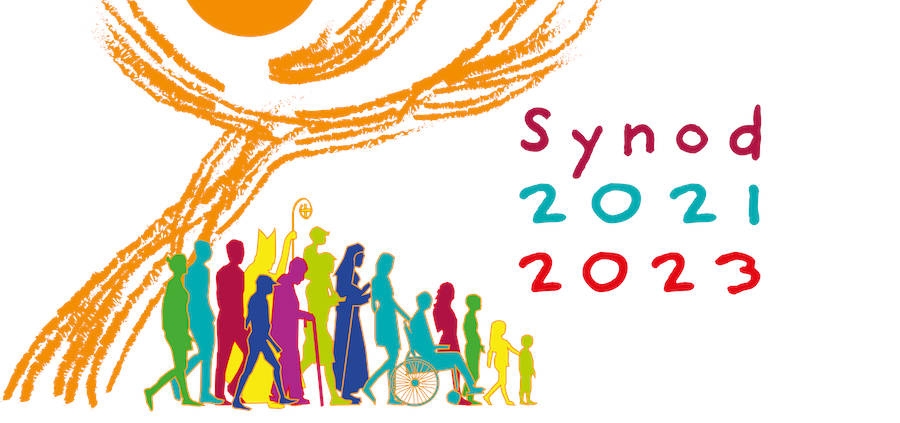Synod Extended through 2024
Earlier this week, the Vatican announced that the Synod on Synodality will be extended for another year. The Synod was originally scheduled to conclude with the gathering of the 16th Ordinary General Assembly of the Synod of Bishops in October 2023. That gathering will now be held across two distinct sessions: the original October 2023 session, and a second session in October 2024.
The Vatican characterized this spacing of the sessions as a “journey within the journey” of the synodal process, and said it would “foster more mature reflection for the greater good of the Church.”
One item in the Vatican’s announcement may have given some laypeople pause: the idea that the bishops alone in their General Assembly will be the ones responsible for fostering this “more mature reflection,” perhaps softening or subduing some of the more challenging points of discernment that have arisen throughout the synodal process—points such as the role of women in the church, wounds inflicted by the sexual abuse crisis, and ministry to and with marginalized communities.
Indeed, while the phrase “more mature reflection” seems at first glance to be slightly condescending, another example of a patriarchal clerisy talking down to an “uninformed” laity, there is a more hopeful, and more optimistic, reading.
The announcement speaks of the one-year extension as giving a “processual dimension” to the General Assembly. In other words, the bishops will not just reflect on the findings of the Continental assemblies (read our background on those here) and produce a one-time document in October 2023. Instead, they will be required to return to their dioceses infused with the spirit of synodality, and to see how that spirit is manifesting itself within their own local communities.
In the intervening year, one hopes, the culture of synodality will have more firmly established itself within the life of the church, deepening the perspective of bishops and laypeople alike. In the best case, the time will be spent in continued consultation and collective discernment—not as an abstract exercise, but as the first steps towards a new way of being church in the world.
With the spontaneity of his announcement, Pope Francis is like a musician who has suddenly switched the key of the song and forced his band to play in the moment—not following a preconceived sound or score, but collaborating with the improvisatory nature of the Spirit. The gift of the “bonus year” gives “more time for the saplings of a synodal church to take root,” as Casey Stanton of Discerning Deacons wrote in the organization’s weekly newsletter. “There’s more space for us to become a community more capable of sinking into deeper ground than what divides us, to be nourished by the roots of our faith tradition while the branches reach out in new, even surprising directions as we are stretched in mission.” ♦





Leave a Reply
Want to join the discussion?Feel free to contribute!